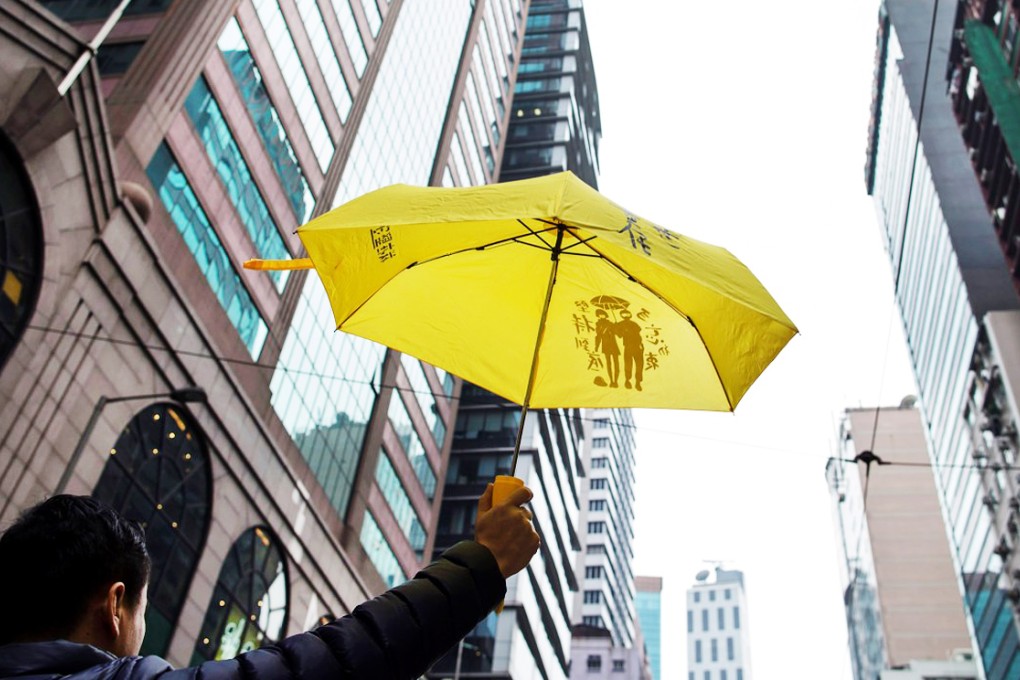Chinese government researcher warns of 'radicalised' Hongkongers in wake of Occupy
A researcher for the central government has described as 'worrying' the radicalisation in the thinking behind Hong Kong's social movements in the wake of the 79-day Occupy Central protest.

A researcher for the central government has described as "worrying" the radicalisation in the thinking behind Hong Kong's social movements in the wake of the 79-day Occupy Central protest.
In an article published in the latest edition of the Hong Kong and Macao Journal, run by the Chinese Association of Hong Kong and Macau Studies, Bai Xiaoyu also warned about the growing risk of spontaneous protests spinning out of control in Hong Kong.
These two developments, together with a "politicised" trend among youth bodies, are the three issues that "warrant concern in the post-Occupy era", according to Bai, an assistant researcher at the State Council's Hong Kong and Macau Affairs Office.
The quarterly journal was published on January 25, amid a hot debate about independence and self-determination for Hong Kong.
Referring to the debate, Bai wrote that "an obvious sign of change in the culture of Hong Kong's social movement is that there are more and more … violent movements, but what's more worrying is that the movement's leading thoughts or ideologies are also showing the trend of radicalisation", as activists advocated civil disobedience and independence.
Citing the "shopping tour" demonstrations in December as an example, Bai said social movements were increasingly originating in civic society, rather than coming from political groups, resulting in greater risks that "spontaneous movements" could go out of control.